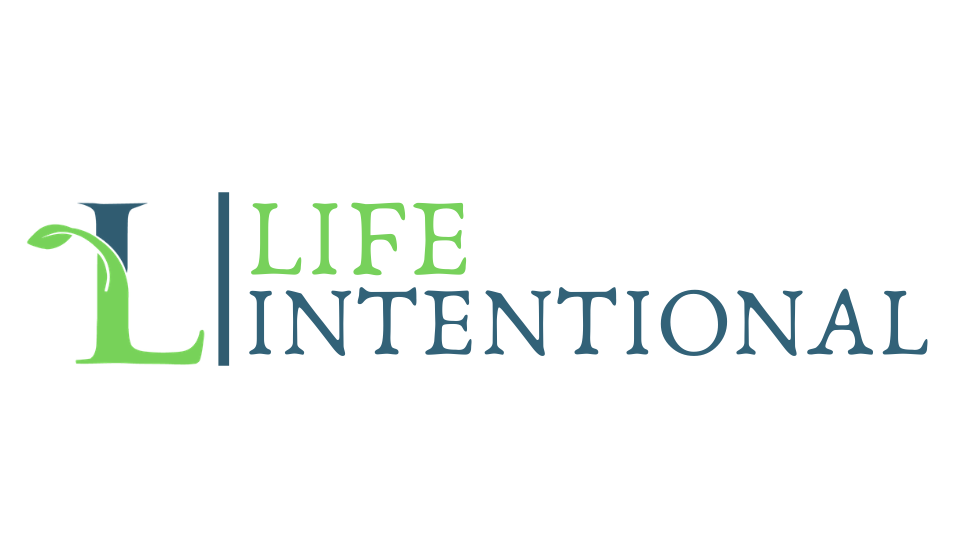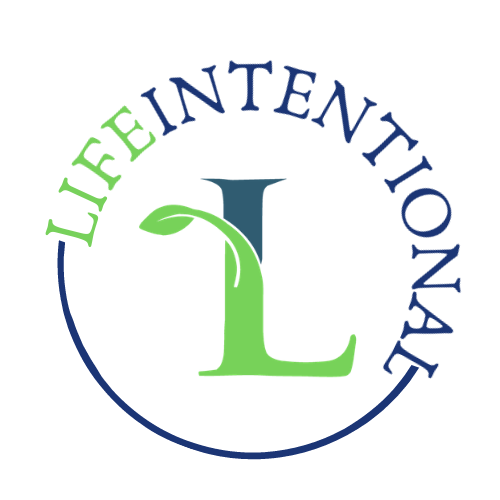What do Coin Flips and Deathbed Regrets Tell us about How to Make Life’s Big Choices?
What do coin flips and deathbed regrets tell us about how to make life’s big choices?
By: Paul Trimble
In a now famous blog post and book, palliative care worker Bronnie Ware summarized the top five regrets of people in the last stages of their lives. They were:
1. I wish I’d had the courage to live a life true to myself, not the life others expected of me.
2. I wish I hadn’t worked so hard.
3. I wish I’d had the courage to express my feelings.
4. I wish I had stayed in touch with my friends.
5. I wish that I had let myself be happier.
One could do worse than to regularly review these observations every week as a guide and source of wisdom for us in the flowing midstream of life. One un-ignorable theme emerges from these people’s regrets—they largely wish that they had not repressed so much of their deeper desires and feelings for the benefit of the perception, approval of others or to be following a script that seemed pre-approved by society and therefore, presumably, a safer path.
Think about #1, 3, and 5...courage to live life true to myself not others’ expectations, courage to express feelings, letting myself be happier. Everyone decides how much of their inner selves to conceal or reveal in different moments, in different environments, with different people, through various stages of life. Life clearly can’t be 100% self-expression all the time—that is more like self- indulgence and can ignore and de-value the people around us—our community or network of individuals with differing relationships and needs. But it can’t be 100% suppression either—we aren’t wired that way and our souls will wilt under such a harsh regiment. Likewise, it’s often wise to follow a lot of what society tell us, so that we’re not constantly trying to re-invent the wheel and that we can actually get along with the people around us.
But becoming an unthinking follower is a poor recipe for living, as well.
In other words, there’s always going to be some real tension, push and pull between following a fairly prescribed and well-trod path on one hand, and blazing our own trail on the other. It may well be that in one area we need to follow the tried and true, but in another we’re competent and confident enough to go it alone. Or that in one stage of life it makes sense to play things conventionally, but in another to throw caution to the wind. Anyone who tells you or implies that it’s an easy decision matrix or uses a truism to make it seem that there’s no real tension or choice is likely not a good source for wisdom for real living. There are many factors to consider—too many to render a one size fits all verdict, or an answer that works in all situations.
But there may be a small internal advantage that we possess—a trick hidden in our back pocket that can help us make such choices when we’re toggling between two options which seem equally valid. When do I stay the course, when do I break from the pack? It isn’t foolproof (wouldn’t that be nice?) But what method is foolproof, when it comes to the more difficult decision points in life?
However, at least this one comes with the benefit that it is least likely to create resentment, regret, and bitterness, those corrosive emotions that eat away at our morale and sense of self-directedness.
Recently, Steven Levitt, of Freakonomics fame, conducted a study in which thousands of people were directed to flip a coin. Depending on the coin flip outcome, they were directed (advised) to make a change they were deliberating about, or to stay the course. The people who were advised to make a change and did were significantly happier than the ones who stayed the course, across an array of types of decisions.
In some cases, those who were happy about staying put in the short term later felt less happy or more regretful, that is, their tendency towards regret about not making a change increased over longer time frames.
Why the coin flip?
Why not just make your own best choice based on your own judgment? For most of us, our psychology is set up to be quite afraid of making a change that may contain an unknown amount of negative consequences. Even if there isn’t substantial evidence that there will be negative consequences, we still fear willfully causing of our own suffering or regret. What we often miss is that there are TWO ways to be the willing cause of our own suffering or regret— specifically by opting for a change (the obvious one) or by maintaining the status quo (the less obvious one).
Because we can always tell ourselves that we can make a change later (which is often true), sometimes we can choose by default to never make a change because the psychological pain of ever voluntarily and proactively making a change that could bring about our own unhappiness seems greater than the more slow burn psychological pain of never making a proactive move or break at all.
Flipping a coin is a form of external “permission” to make that proactive move, and we don’t have to feel the full brunt of the responsibility for a “mistake” in our decision (we can blame it on that stupid coin!) But when people were given this “out”, this crutch for their decision making, they found that they were overwhelmingly happy with the change that the coin flip had provided them the permission (freedom) to make.
That tells us that for most of us, we need a little nudge, or permission, or encouragement to make a change that entails a bit of risk and therefore requires a little bit of courage. Maybe we already suspect that the change is more likely than not to be good for us, but are struggling to overcome the inertia of our current steady state (what we have now), and that thought of choosing to make a change that we could regret is enough to keep us from making the leap.
If that’s your situation, remember the coin flip. It may be not so much that we need someone else (or a coin in this case) to tell us to make a change, but that we need full permission and affirmation that we can make the decision we think best, and yes, that does include even if it ends up being a mistake or coming with some negative aspects.
In that case, it’s not so much about a prompt to make a change but a sense of agency that we sometimes lack, that we CAN make a choice and stand behind it, however imperfect or questionable after the fact, without fear or the threat of regret, second-guessing, or blaming. The coin flip gave the participants in the study just the tiny nudge that they apparently needed to make changes they already suspected may have been good for them. Maybe what we need to show the courage and authenticity mentioned in the reflective thoughts of Bronnie Ware’s dying patients is not much more than that tiny nudge. Remember that if you are facing a similar choice.
Comment below, have you ever used the coin flip to make a major life decision? We’d love to hear how you felt about it afterwards.




